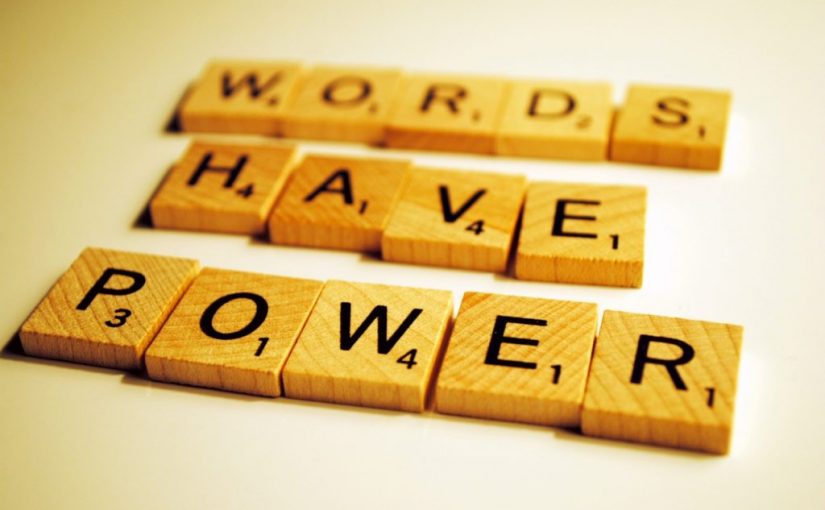When do you that say you are done with something? Do you say, “I am done with lunch”, when you have eaten the last morsel off your plate or after you wash your plate and set it carefully in the utensil drying rack?
As a software developer, do you say, “And I am done!” as soon as your code works for a single sample data only on your laptop or do you say so after having run the tests and having merged your code with those of others over a version control system (e.g. GitHub), having run the tests again and then having committed all of your final changes for everyone to use?
After shopping, are you done as soon as you enter home and drop your shopping bags? Or do you consider it done after each item has been taken out of each shopping bag and put away neatly into shelves, bottles, containers, wardrobe or supplies room?
Here is my answer. If someone is having to clean up and reorganise after you, then you are not done. When you are done, there should be no mess left behind for someone else — even yourself — to bother with.

